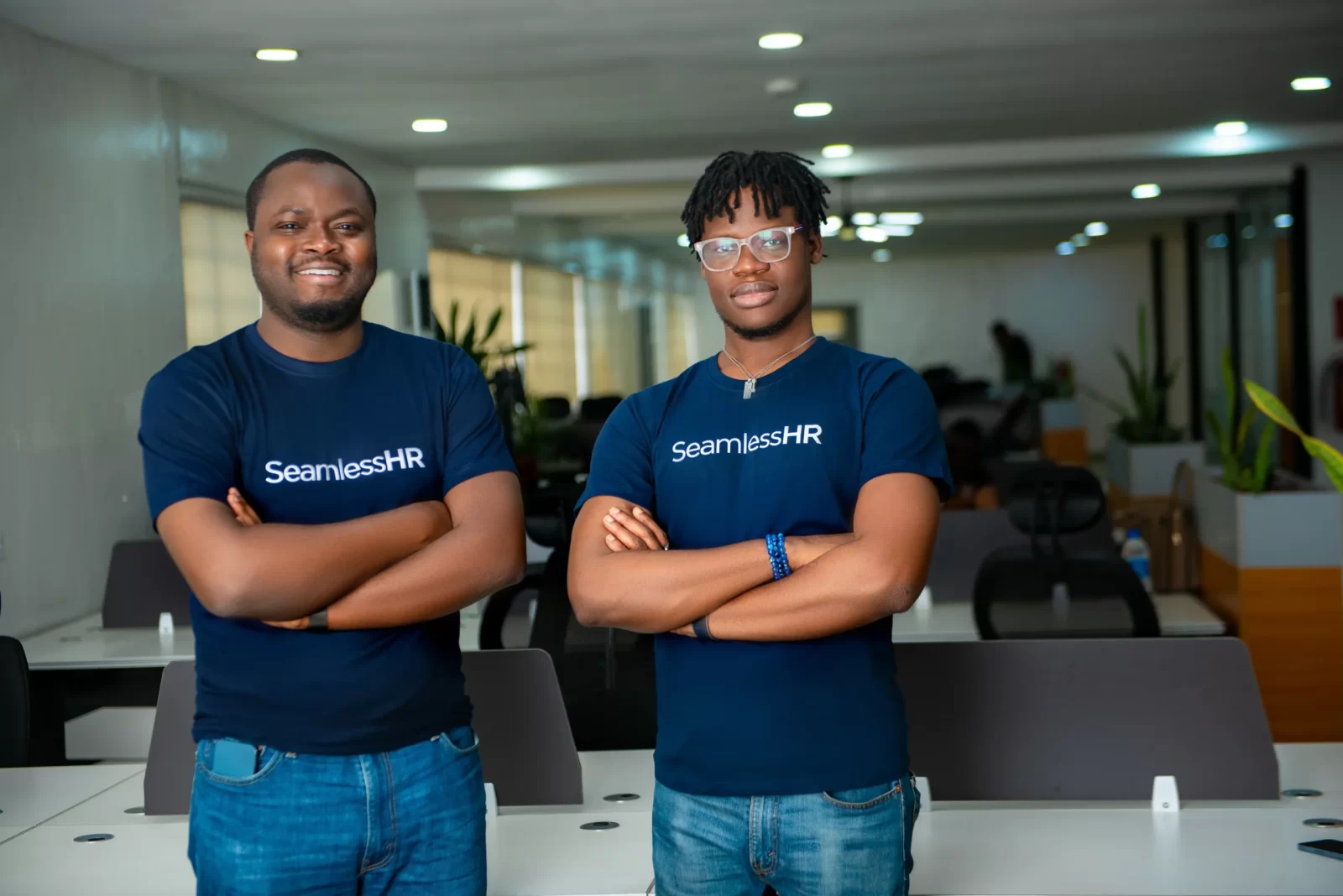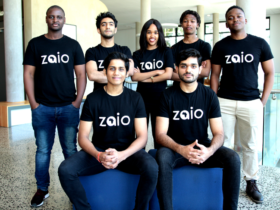Quick Read: SeamlessHR, a leading HR-tech startup based in Nigeria, has secured a $9 million Series-A extension funding round. Notable investors, including the Gates Foundation and Helios Digital Ventures, participated in this round. This funding will support SeamlessHR’s strategic expansion into Nigeria’s public sector, a market with significant growth potential.
Targeting Nigeria’s Government Agencies
Nigeria’s government employs over 720,000 civil servants, offering a stable and high-value market for SeamlessHR. Traditionally focused on mid-to-large enterprises, the company is now engaging with ministries, departments, and agencies (MDAs) to onboard them onto its HR platform.
Discussions are ongoing with key institutions, including the National Information Technology Development Agency (NITDA). SeamlessHR has already made inroads into the public sector by providing performance management solutions for the Nigeria Port Authority (NPA) and recruitment services for the 3 Million Technical Talent (3MTT) initiative.
A Strong Foundation for Expansion
SeamlessHR’s Chief Technology Officer, Deji Lana, is confident in the company’s ability to transition into the public sector. “We have successfully implemented HR solutions for private enterprises, and we believe we can do the same for government agencies,” he said.
Adapting to the public sector’s unique needs will require customized configurations, but the company is prepared to address major challenges. These include improving transparency, eliminating ghost workers, and ensuring equitable resource distribution. “Our platform can help promote fairness and efficiency in government operations,” Lana emphasized.
Competing in Nigeria’s HR-Tech Space
As SeamlessHR expands into the government sector, competition is increasing. Emerging HR-tech startups such as PaidHR, Bento, Ropay, WorkPay, Cloudenly, and NotchHR are entering the market. Despite this, Lana views global HR-tech giants like SAP, Zoho, and Oracle as the company’s main competitors. “From day one, our goal has been to build a complete HR-tech solution that understands local challenges,” he said.
The public sector presents enormous opportunities. For instance, platforms like Remita process transactions worth approximately ₦21 trillion annually, highlighting the government’s reliance on digital financial systems. SeamlessHR aims to be a key player in Nigeria’s digital transformation by offering efficient HR solutions.
Overcoming Challenges in the Public Sector
Expanding into government agencies comes with hurdles. Many institutions still use legacy systems with years of stored data, making migration to a new platform complex. However, SeamlessHR offers a flexible approach. “Government organizations don’t need to switch everything at once. They can start with individual modules before a full transition,” Lana explained.
Another challenge is the slow and bureaucratic procurement process for government contracts. While these processes can delay revenue generation, securing long-term contracts makes the effort worthwhile for SeamlessHR.
The Future of SeamlessHR in Nigeria’s Public Sector
Beyond expansion, SeamlessHR is integrating new technologies like artificial intelligence (AI). Lana hinted at the development of an AI-powered recruitment agent capable of conducting interviews, enhancing the platform’s capabilities.
Looking ahead, SeamlessHR is committed to modernizing HR functions within Nigeria’s public sector. Successfully navigating government bureaucracy, securing contracts, and transitioning agencies from outdated systems will be key to its success in this new market.


















